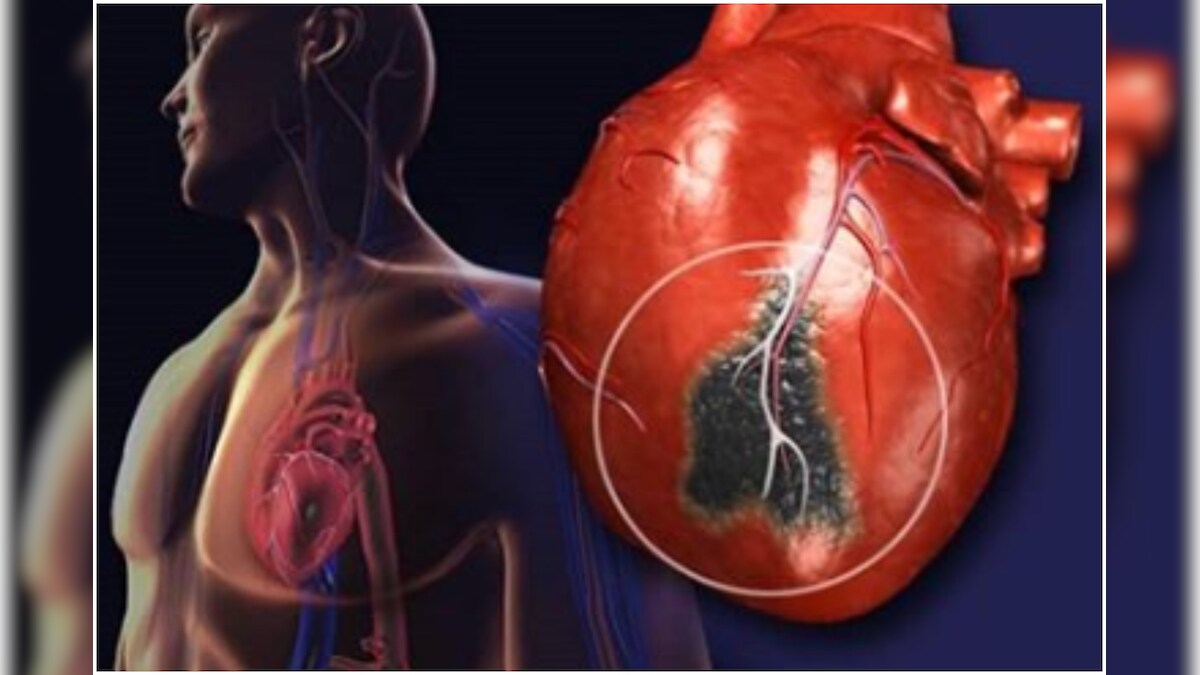
In today's society, many people are experiencing the adverse effects of a sedentary lifestyle. Nearly eight out of every ten Americans don't get enough exercise. With high rates of obesity and cardiovascular disease rising, starting early intervention for optimal health in adulthood is crucial. However, most doctors focus on treating cardiovascular disease when it is already developed in a patient.
With today's health care reform, preventive cardiology aims to prevent diseases by promoting healthy lifestyle choices and preventative screening for heart disease. In the past, doctors believed that a person needed to have a family history of heart disease before receiving treatment. Through the works of great pioneers in preventive cardiology in the Upper East Side, patients and medical experts are starting to believe that preventing heart disease is possible for everyone.
Here, you will learn about some standard therapies associated with preventive cardiology.
1. Mobile Cardiac Telemetry
Mobile cardiac telemetry has been clinically proven to reduce the mortality rate in patients suffering from congestive heart failure. The device was first used in the 1960s, but it wasn't until recently that the FDA approved its usage. The device is a transmitter worn around the waist or neck that transmits information about a patient's heart rhythm to a computer system at their bedside.
By monitoring this data, doctors can determine whether or not their patient needs to be shocked to restore proper heart rhythm.
2. Cardiac Contractility Modulation
Cardiac contractility modulation is a therapy for heart failure that improves the efficiency of your heart. This therapy works by using a pacemaker-like device to create electrical pulses that stimulate specific muscles in the left ventricle of your heart. By mimicking these signals from your natural pacemaker, this device allows all of the muscle fibers in your heart to contract simultaneously, resulting in enhanced pumping power.
3. Remote Cardiac Rehabilitation
In the past, patients requiring rehabilitation therapy would have to check themselves into a rehab center for a few weeks. With a doctor's diagnosis and prescription, they could then receive in-home care using a team of physical therapists that come to their residence.
However, these days, many people find that you can achieve better results in less time when you work with a home care team from the comfort of your own home. This form of therapy can be beneficial for those that have experienced a heart attack, angina, or even a coronary revascularization surgery.
4. Complex Care Management
Patients diagnosed with congestive heart failure (CHF) require a team of doctors to monitor their health. To ensure patients receive the best care possible, many doctors are turning to complex care management. This type of management combines clinical expertise and technology to provide efficient services for both providers and patients alike.
Patients with CHF often require intravenous in-home infusions to treat their heart failure. However, patients are often hesitant to use the treatment because of the invasive nature of the therapy. Complex care management allows providers to use technologies such as telecommunication services, nurses aides, or even home automation systems if necessary to administer the treatment with ease.
To summarize, preventive cardiology is a medical specialty that aims at preventing cardiovascular conditions. It involves complex care management, remote cardiac rehabilitation, cardiac contractility modulation, and mobile cardiac telemetry.






